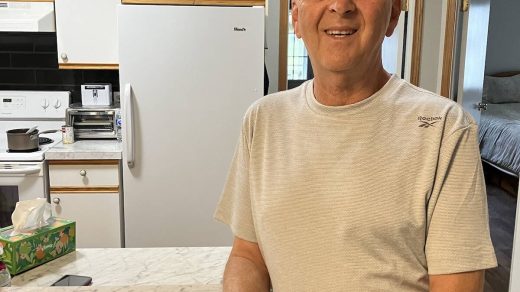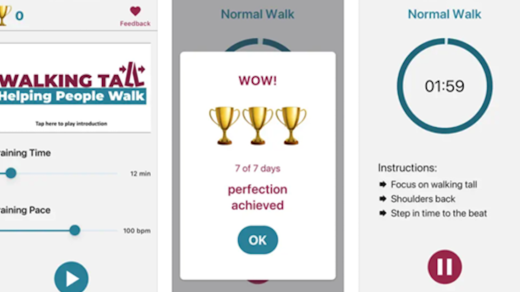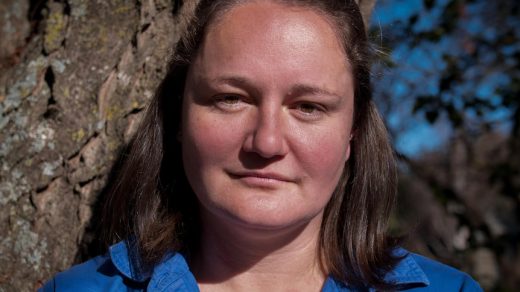
A pilot study by UCSF reveals unexpected results, with UC San Francisco set out to explore whether psilocybin could also benefit individuals with Parkinson’s disease, a population that frequently suffers from severe mood disturbances alongside motor symptoms and often responds poorly to conventional antidepressants and other medications.
The results were surprising.
Participants not only tolerated the treatment without experiencing serious side effects or worsening of their Parkinson’s symptoms, the primary focus of this pilot study, but also reported meaningful improvements in mood, cognitive function, and motor control. Remarkably, these benefits persisted for several weeks after the psilocybin had cleared from their bodies.
This marks the first time a psychedelic has been studied in patients with any neurodegenerative disease.
“We are still in very early stages of this work, but this first study went well beyond what we expected,” said the paper’s first author, Ellen Bradley, MD, assistant professor and associate director of UCSF’s Translational Psychedelic Research Program (TrPR).
“Many people don’t realize this, but mood symptoms in Parkinson’s are linked to a faster physical decline,” she said. “And they are actually a stronger predictor of patients’ quality of life with Parkinson’s than their motor symptoms.”
Researchers in the TrPR Program, within UCSF’s Department of Psychiatry and Behavioral Sciences and the Department of Neurology, teamed up to lead this project, which was funded by an anonymous donor. The findings were published in Neuropsychopharmacology, a Nature publication.
Psilocybin’s lasting mood and motor effects
Parkinson’s disease, a progressive neurodegenerative disorder characterized by uncontrolled movements due to abnormal brain activity, affects about 1 million Americans. While medications like levodopa can relieve symptoms, there are no approved therapies to slow the progression or reverse the disease itself.
Common early physical symptoms include tremors and foot dragging, but Bradley said anxiety and depression in patients with no history of psychiatric problems often precede the onset of motor symptoms by several years. It’s unclear why standard medications often don’t work well for these patients, but mood changes could be part of the neurodegenerative disease process.
To test the safety of psilocybin for these patients, the researchers gave seven men and five women with mild to moderate Parkinson’s disease a 10 mg dose, followed two weeks later by a higher dose of 25 mg. The patients completed psychotherapy sessions before and after the psilocybin — eight sessions in total — and were evaluated for changes in mood, cognition, and motor functions.
While nearly all participants experienced some adverse events while on the psilocybin, such as anxiety, nausea, and elevated blood pressure, these were not serious enough to require medical intervention.
The participants had meaningful improvements in their mood, cognition, and motor symptoms at both their one-week and one-month follow-up appointments. The team evaluated the participants’ mood again three months after their psilocybin sessions and found it was still significantly improved.
The researchers suggested a variety of explanations for the improvements. The beneficial impact of psilocybin on the patients’ mood could have led to better cognitive and motor functions. For example, people feel better, and that, in turn, helps them socialize and become more active – both key elements of Parkinson’s treatment.
Another theory is that psilocybin could provide relief from multiple symptoms of the disease by reducing inflammation and promoting neuroplasticity — the growth and reconnection of brain cells involved in mood, cognition, and movement regulation.
An expansion into unchartered territory
The results of this pilot study were promising enough that the researchers are conducting a larger randomized controlled trial at UCSF, enrolling a larger and more diverse group of patients. The second study incorporates noninvasive brain stimulation, neuroimaging, and other tools to understand how psilocybin impacts inflammation and neuroplasticity.
It will include a second site at DOI: 10.1038/s41386-025-02097-0
The trial was funded by an anonymous donor.
Never miss a breakthrough: Join the SciTechDaily newsletter.
Get the source article here



